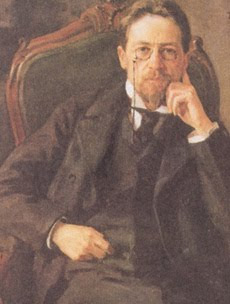'You could be jailed for reading'. So says 'The Independent', who has collated a list of books that to read could have been a punishable offence.
- 'Lady Chatterley's Lover' by D.H. Lawrence - banned for obscenity in 1928 due to explicit nature of language and frank portrayal of sex
- 'Naked Lunch' by William S. Burroughs - banned for obscenity in 1962 due to incidents of child murder and paedophilia
- 'Fahrenheit 451' by Ray Bradbury - ironically a novel about the banning of books, the work published in 1953 is said to contain hints of McCarthyism
- 'Lolita' by Vladimir Nabokov - the Home Office instructed British Customs officers to seize all copies of the novel in 1955, due to the narrator's inappropriate relationship with a 12 year old girl
- 'Madame Bovary' by Gustave Flaubert - banned, then acquitted for 'offences against public morals' in 1857, Flaubert justified it only through the eventual death of his protagonist
- 'The Prince' by Niccolo Machiavelli - originally written in 1513, it was banned by the Pope in 1559 for promoting anti-Christian beliefs
- '120 Days of Sodom' by Marquis de Sade - frequently banned for depicitions of orgies and male licentiousness, the 1785 novel was of the typical Sade mould
- 'Nineteen Eighty-Four' by George Orwell - its highly negative portrayal of Communism led the book to being banned in the Soviet Union in 1950 by the Stalin dictatorship

















































